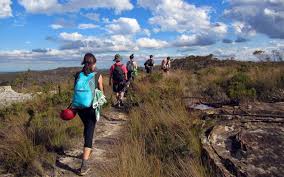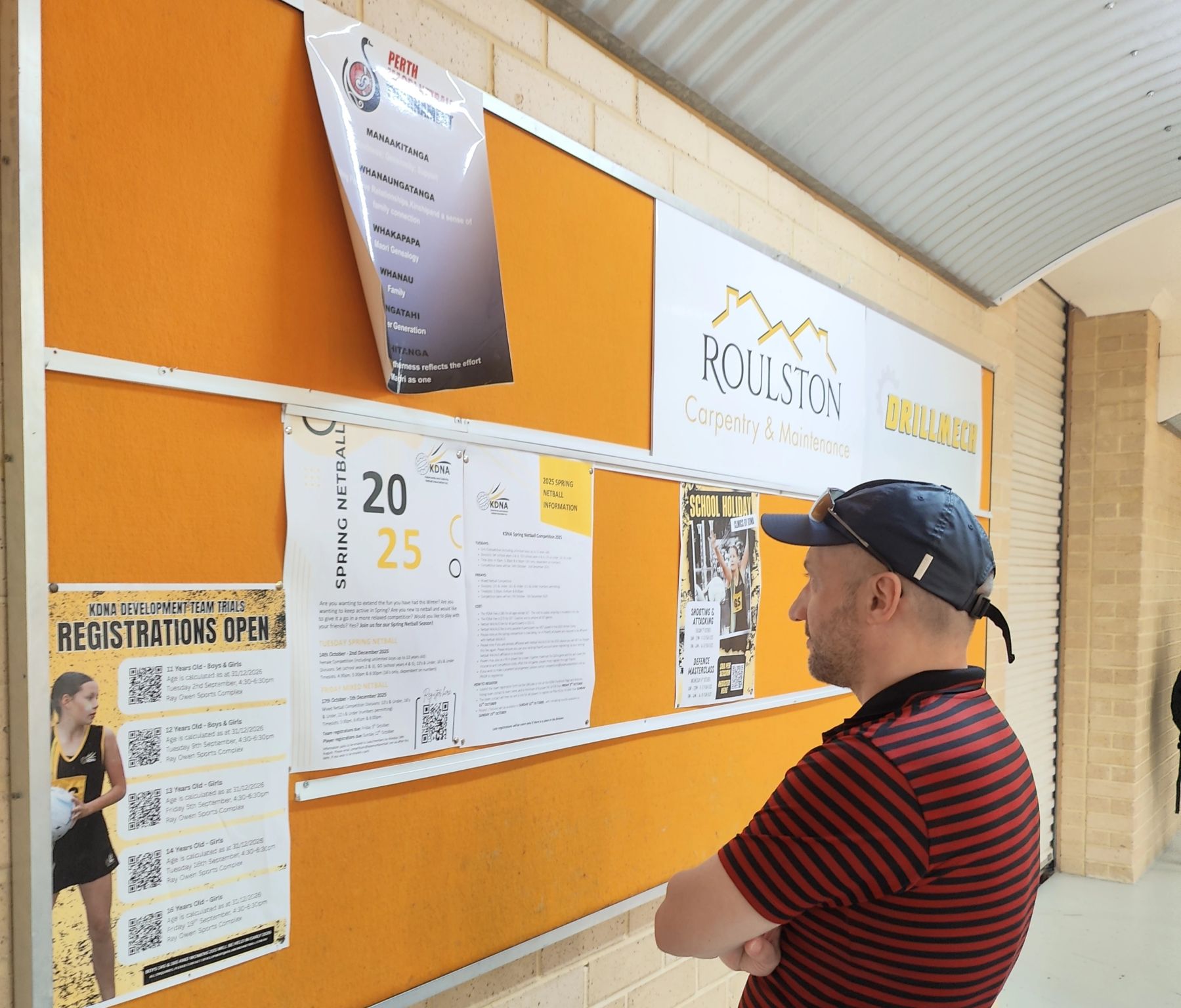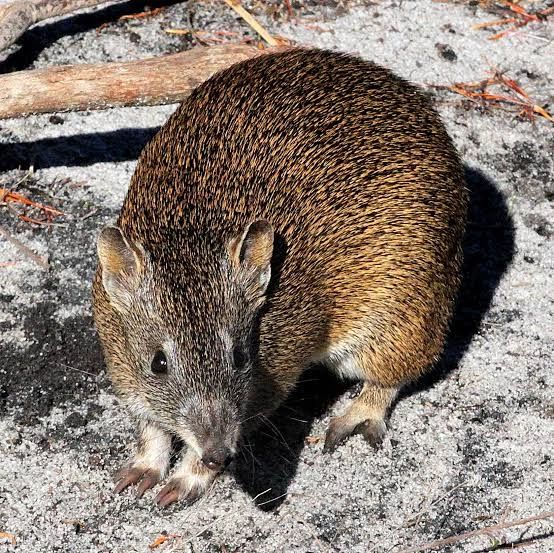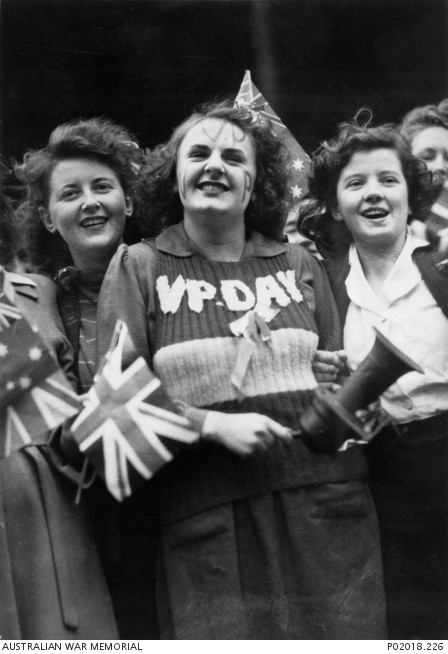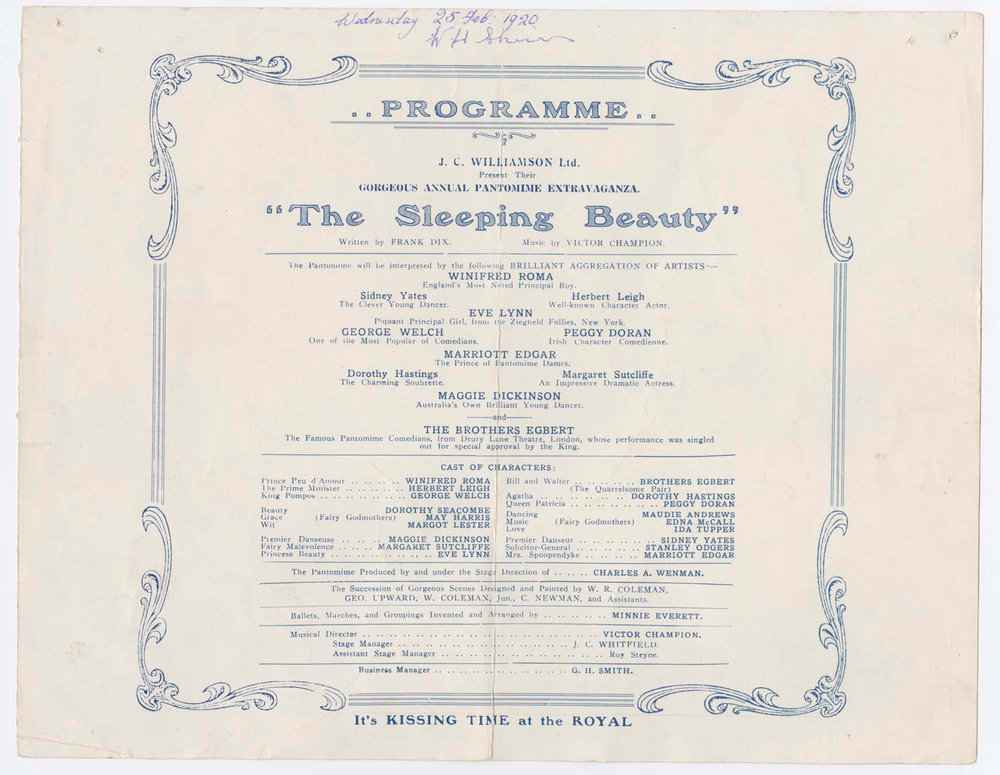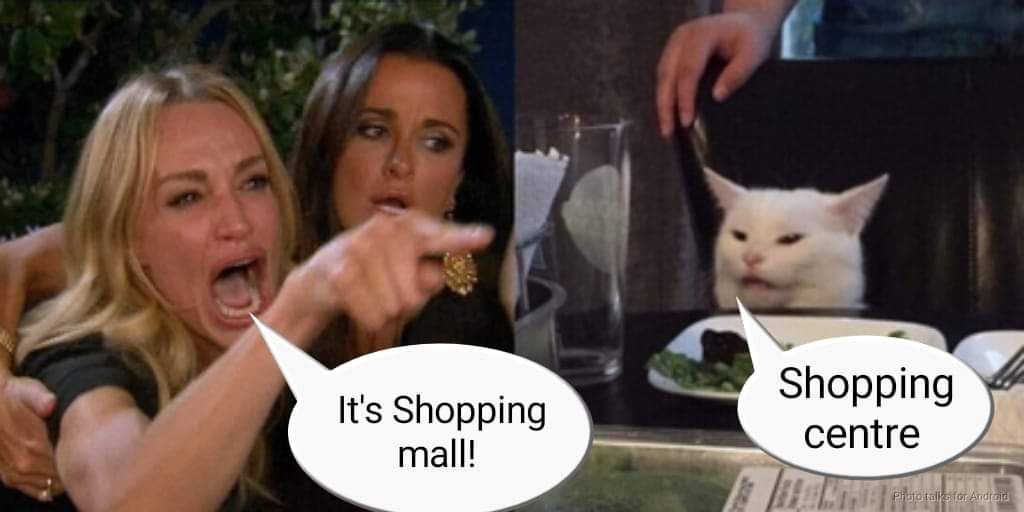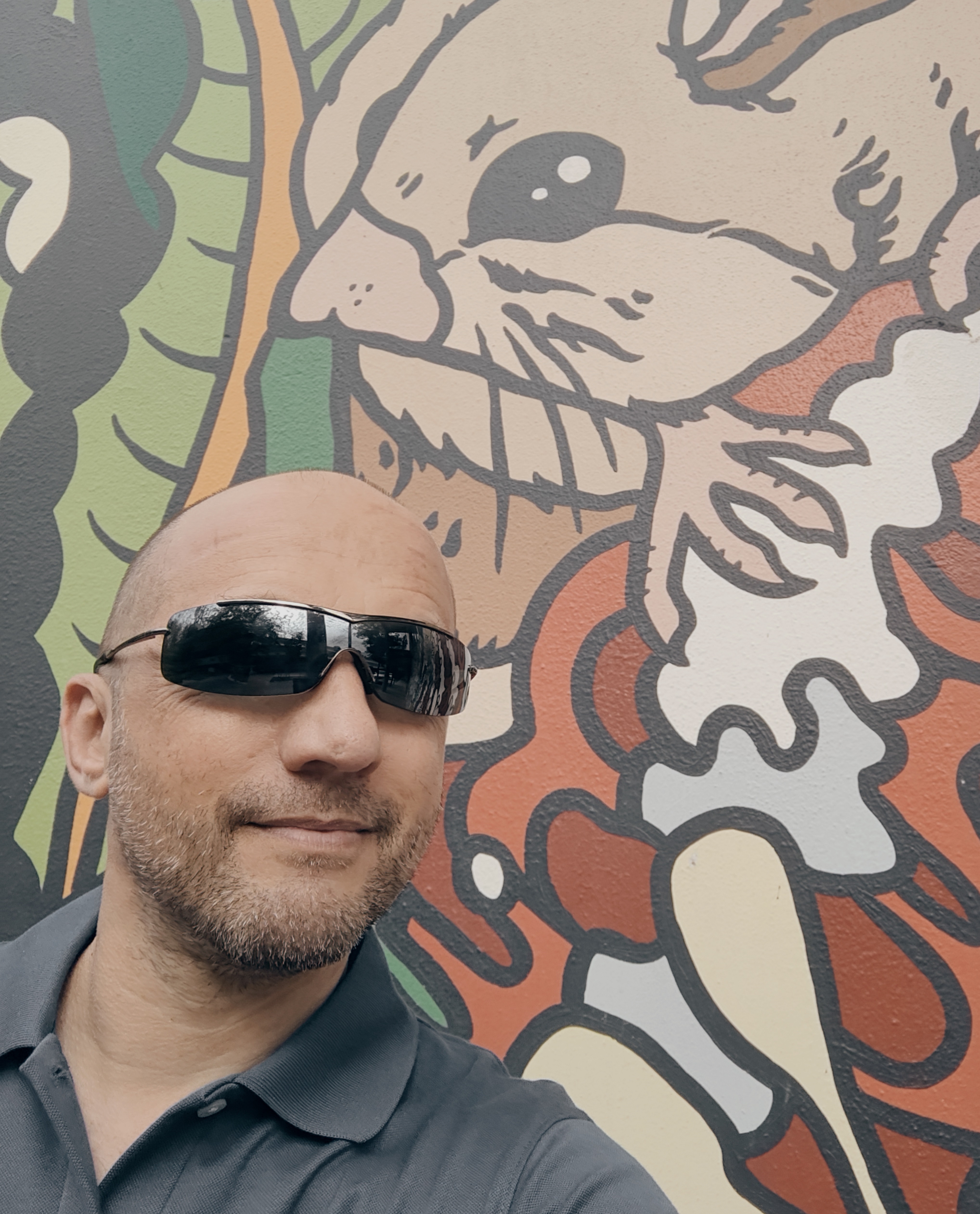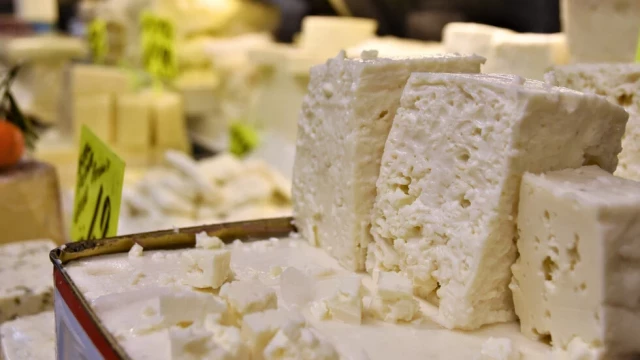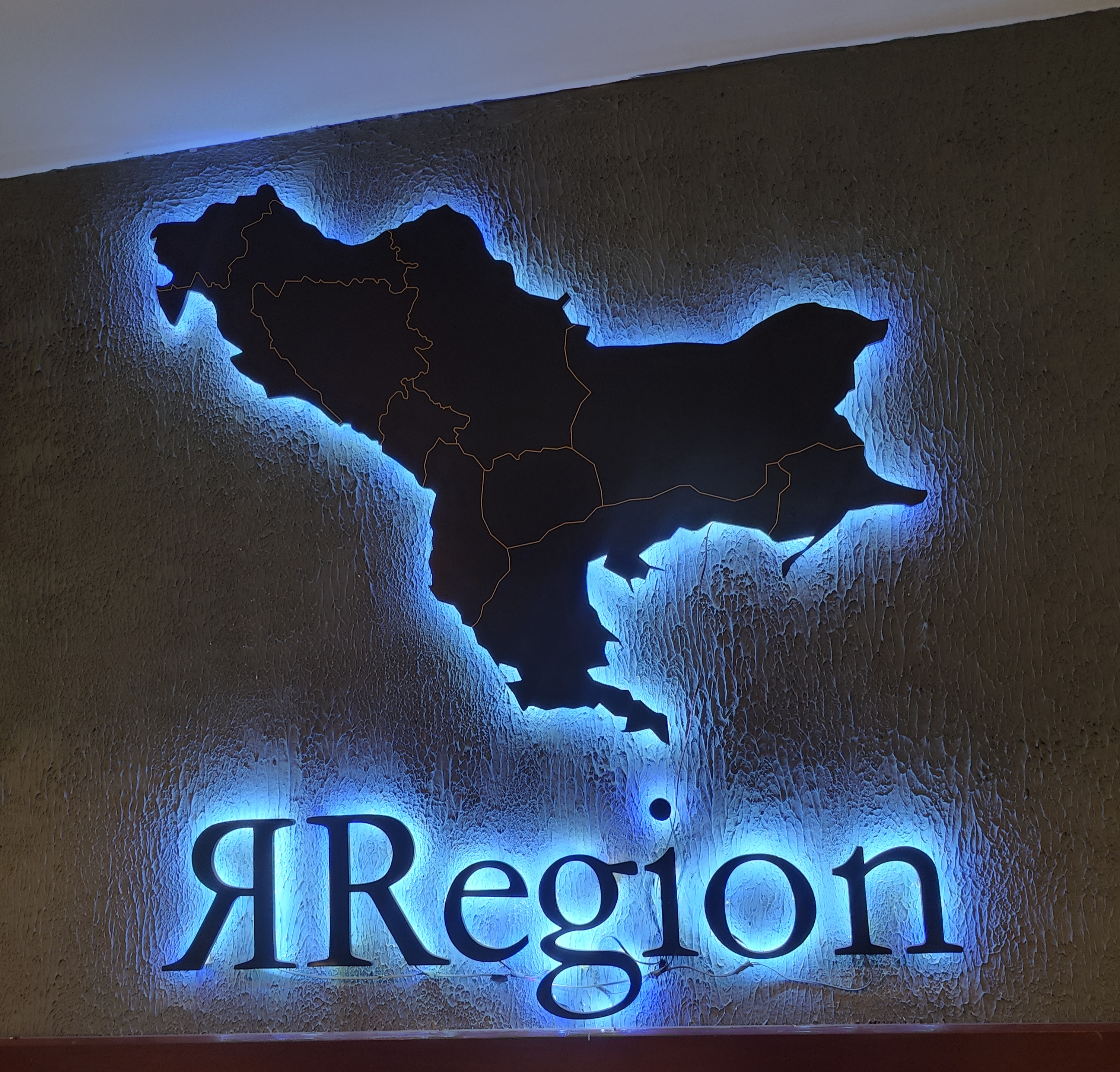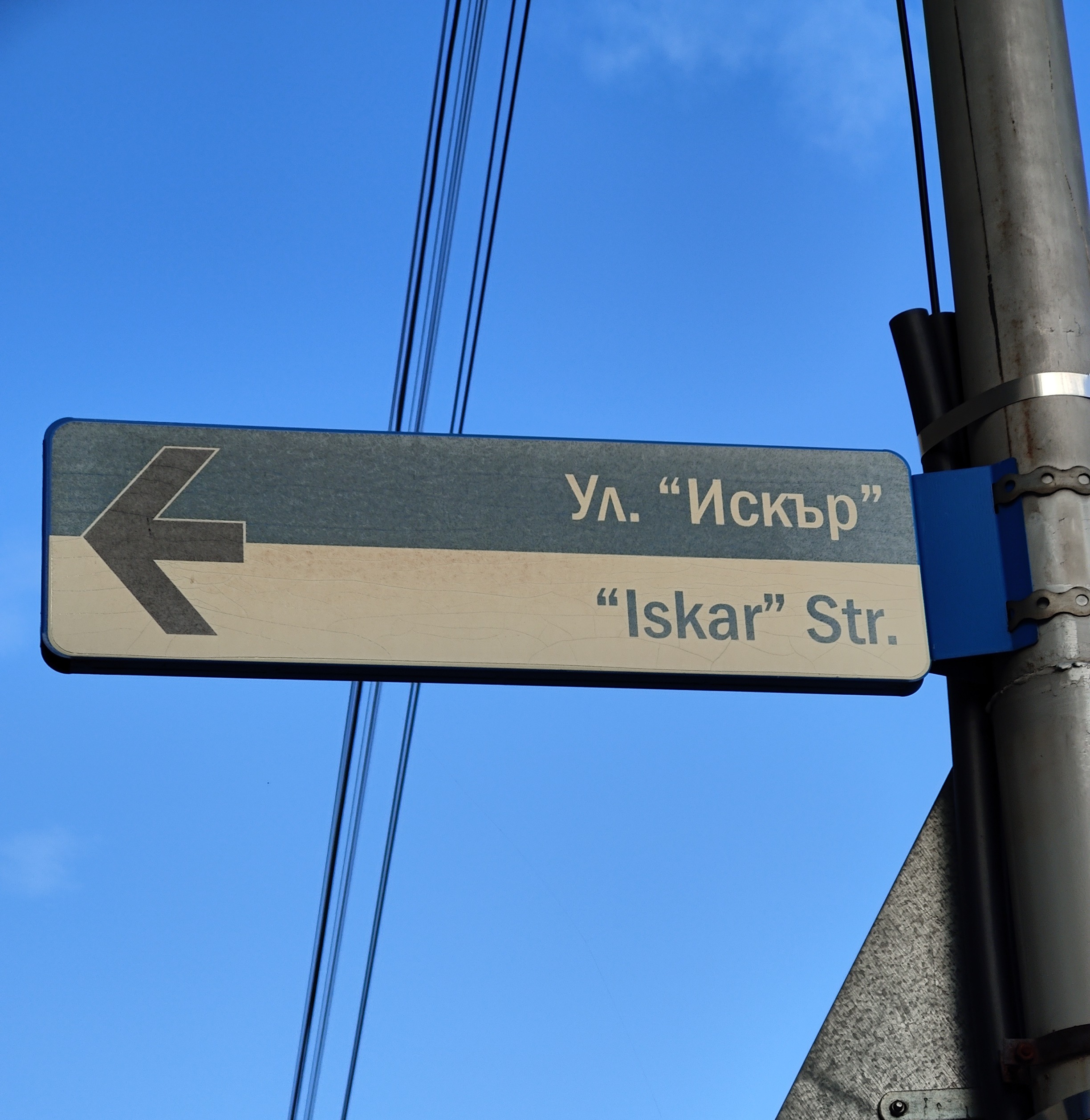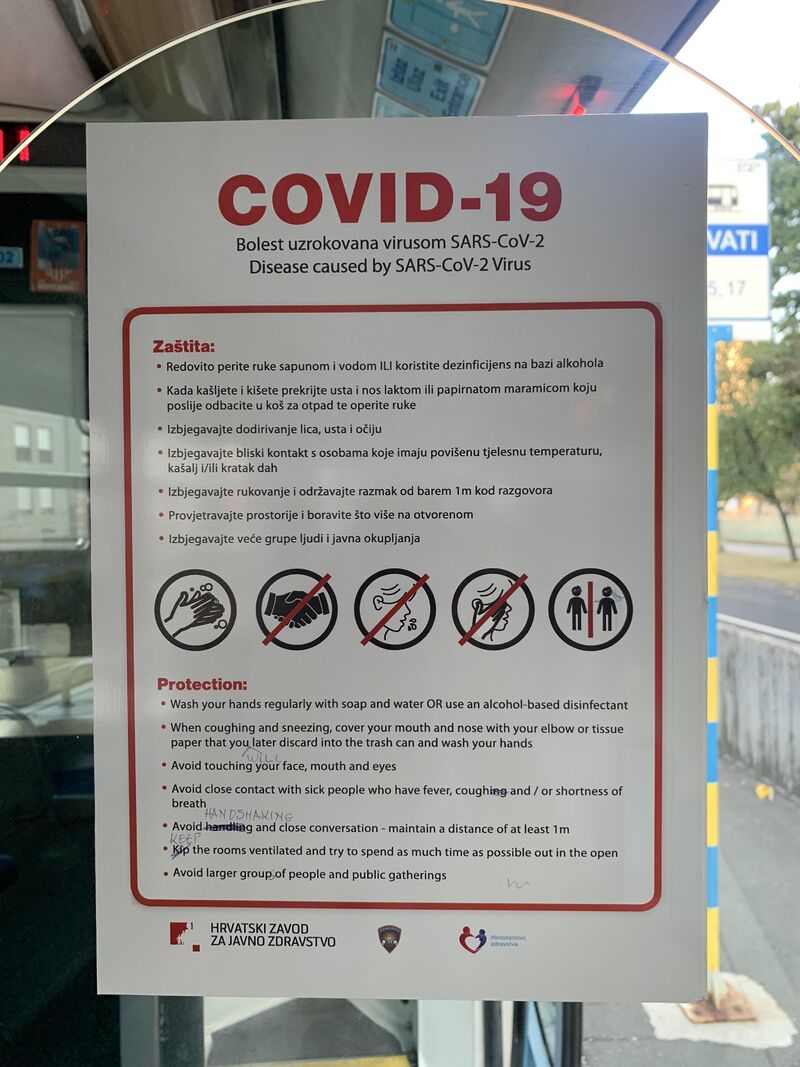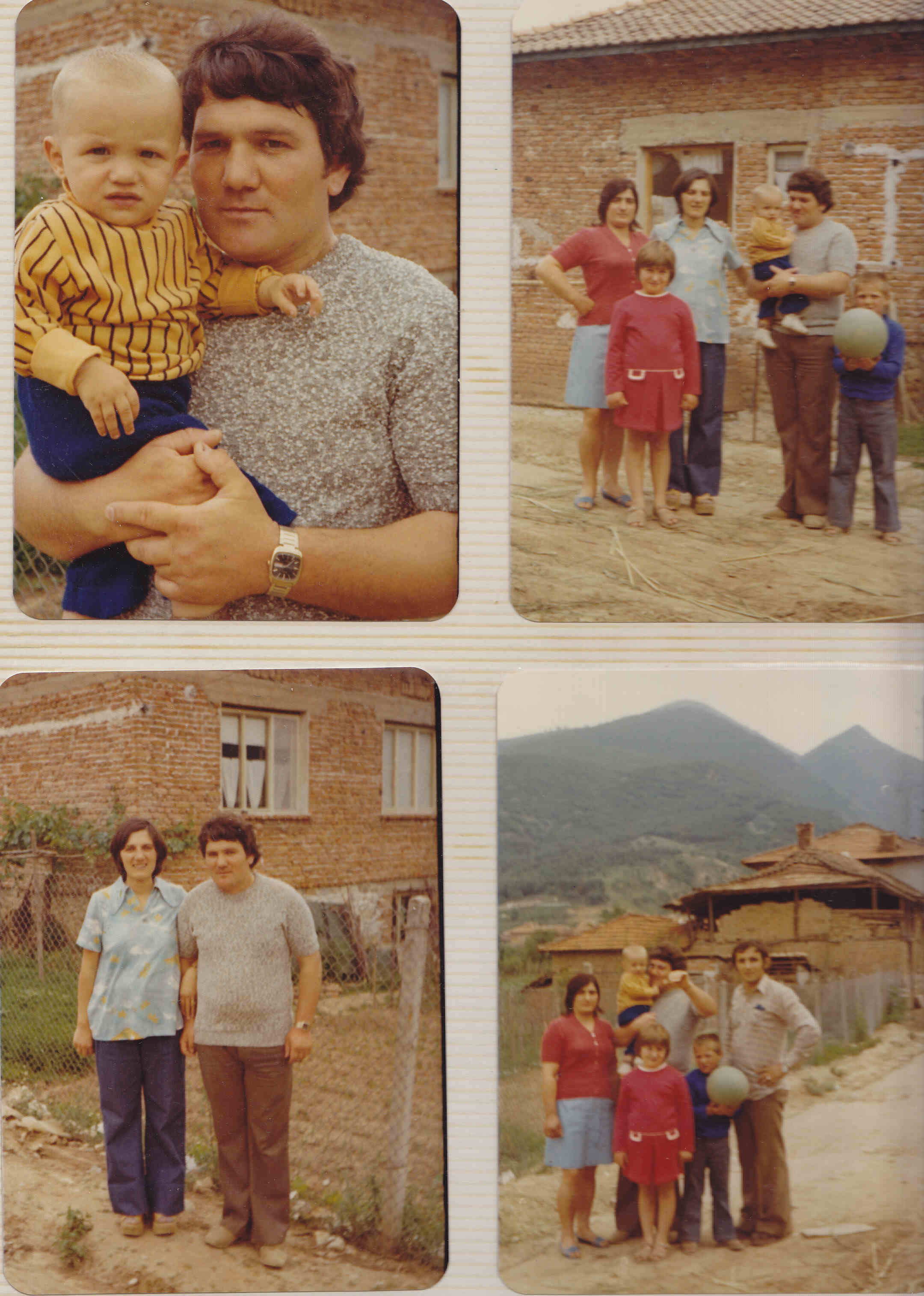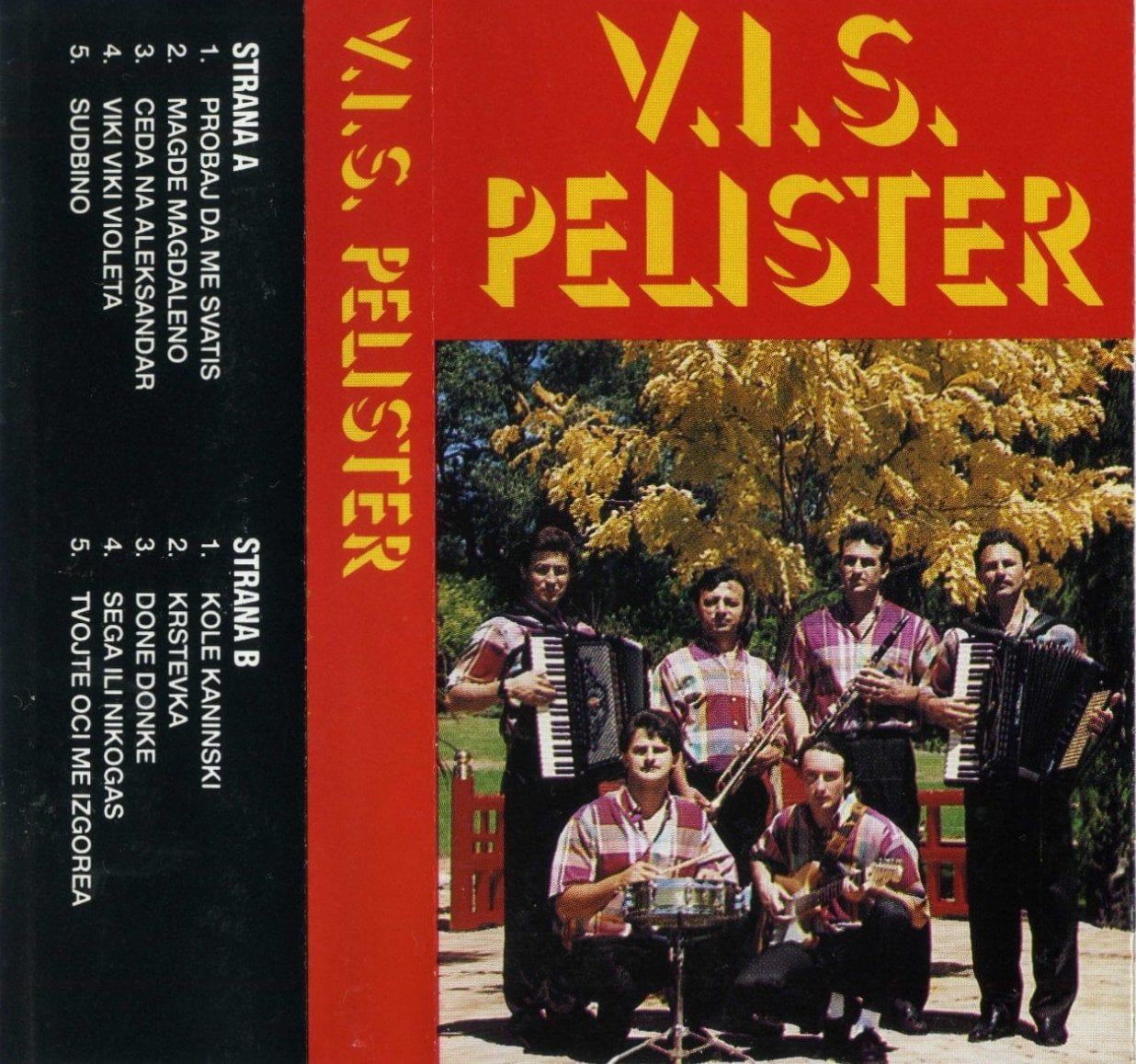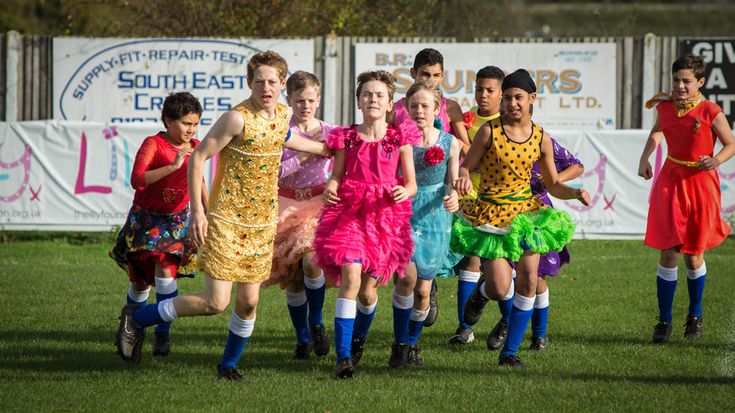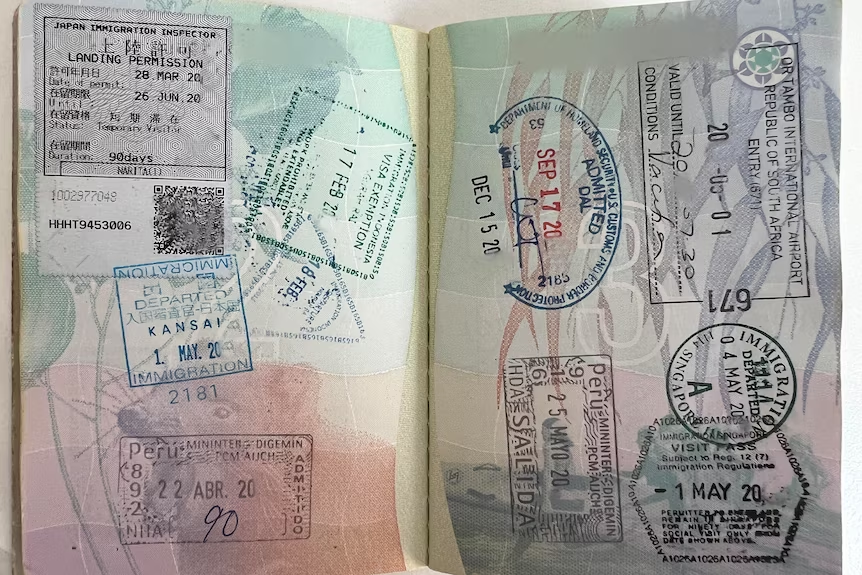How did I get to know about Australian English like I do?
I'll let you in... out of everyday encounters from the last quarter-century of my time outside of Australia. Most of what I know about Australian English has been out of the many misunderstandings I've faced over the years in my everyday communication, mixed with being a linguist.
I can honestly tell you though that most native speakers of English don't realise two major things about the English they speak:
- They all have an accent of some sort
- Not all the words and phrases they use are universally understood or used all throughout the Anglosphere
But while some English native-speakers know that, say, UK English and US English have a few words not the same and some are spelled differently, people who are or have lived in places away from their native territory and/or are intimately involved in language as a major part of their profession (translators, teachers, academics, linguists, marketing specialists, etc.) truly discover what these actual differences are... and there are far more than what you'd think. As a translator and specialist in localising text into Australian English, this has ended up being a constant and exciting adventure, where for me, even after almost 25 years being based away from Australia, I'm still discovering English words and phrases I've always used and assumed are found wherever English is spoken, turn out to be solely specific to Australia (OK, and more often than not, New Zealand too)

So here are three of the latest words and terms I've discovered recently that are actually Australian...
🦘 Working bee
No, not related to a 'spelling bee' and no bees are usually involved. A 'working bee' is an occasion when volunteers come together to carry out communal work, whether it be around the neighbourhood, the grounds belonging to a local community group or sports team, a school or educational facility, or even something of a greater scale such as the nationwide Clean Up Australia Day that happens on the first Sunday of March every year. As bees buzz when they work, there's an element of fun and high spirits to this volunteer work. Want some tips on how to host a successful working bee? Well check out this ABC article for some beaut info. This is a term Australia shares with New Zealand, but my dear colleague Amanda Boyce and I have been asking around to find out whether there is a similar term used in other variants of English. So far none of our English-language specialists have been able to definitively come up with a widely use equivalent term in their dialects of English, so if you use one, please let us know!
Example: This Saturday our school is organising a working bee to fix the play equipment and make the place look pretty.

🦘 Op shop
Short for 'opportunity shop', these are charity-run shops that sell donated second-hand goods. They're what are called 'charity shops' in UK/Ireland and 'thrift stores' in North America, though both these terms can also be encountered in more formal Australian English.
According to Global Care, "charity stores arose in the late 1800s as an opportunity for low-income earners to have agency. Customers were heavily stigmatised and there was no dignity attached to shopping at a charity store. The term 'opportunity shop' was invented in Australia by Lady Millie Tallis to give the shops a more dignified name."
Like in other countries, op shops can range from small local affairs to huge chain stores.
However, you'll more often hear Aussies generically refer to op shops as 'Vinnies' or 'Salvos', the very Aussie nicknames of the charities behind the two largest chains of op shops in Australia, the St Vincent de Paul Society and the Salvation Army.
In fact, these nicknames are so much part of the Australian vernacular that it's reflected in their publicity material, website urls and signage, just like in the pic below.
Example: I'm going to drop off these bags of old clothes at the op shop (or Vinnies or the Salvos).

🦘 Street directory
OK, so this now rare term originally in UK English meant 'a directory containing an alphabetical list of streets along with other information such as the names and addresses of householders and tradespeople'.
Now cast your mind back to those days before the internet. Yes, that far back!
To help motorists figure out how to get their way around unfamiliar parts of Australia's sprawling cities, back in the day there was hardly a Holden Kingswood or Commodore (legendary Australian cars) that did not have in their glove boxes a 'street directory' – a book with street maps covering a specific city and the surrounding rural area, plus a long index of all the streets and roads covered.
It's basically the Aussie version of the London A-Z or the US Thomas Guide.
And like in these instances, the publishers of city-specific street directories also became the generic trademark for 'street directory' in some Australian cities, particularly 'Melways' for Melbourne and 'Refidex' in Brisbane. Otherwise, in many other parts of Australia referring to a 'Gregorys' and 'UBD' does the same trick.
Actually, for all you Neighbours fans from the late 1980s, does the image below look familiar? It's from the intro to the show, featuring a UBD map displaying the fictional suburb of Erinsborough. Look a little closer at the bottom left-hand and upper right-hand corners and you can even see the UBD logo!
And despite GPS, Google Maps and apps such as Waze, street directories are still being printed and sold in Australia. Hey, that's how some people roll.
Example: Where's the street directory? I need to look up where's Ramsay Street.


If you need to get your text or copy for Australia all fine-tuned so that it doesn't end up being dumped at Vinnies or the Salvos, then let me be your virtual street directory, and with a working bee we can get it just right. Email me at info@nicknasev.com and let's talk!



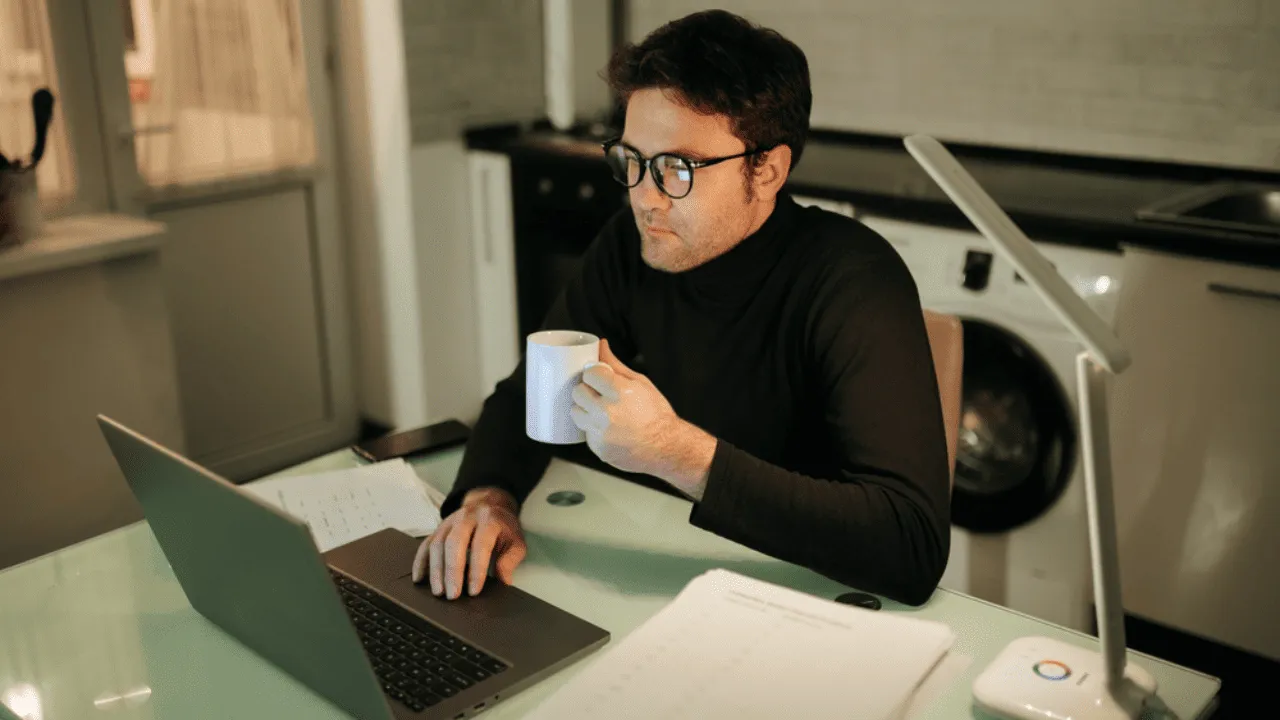
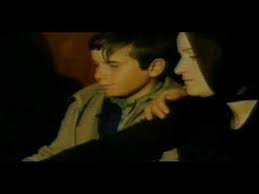
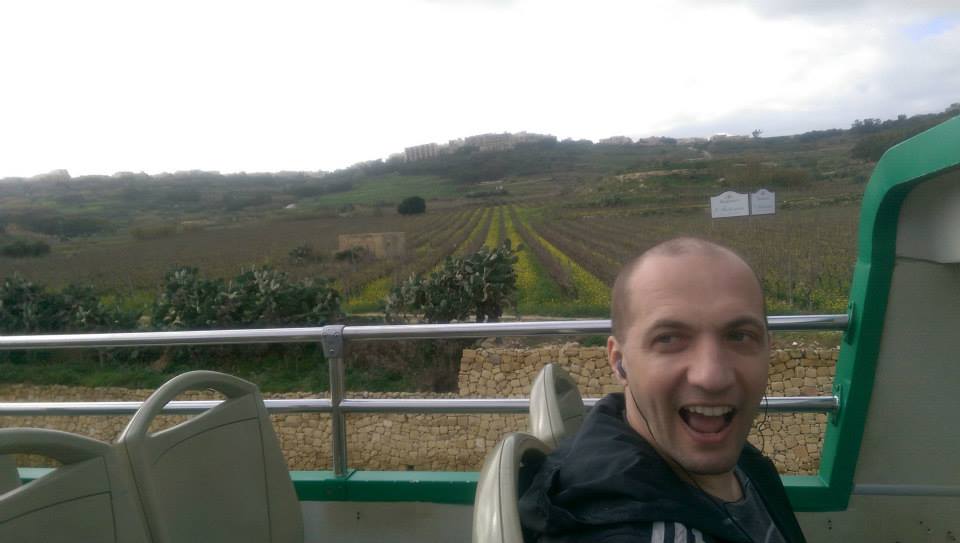

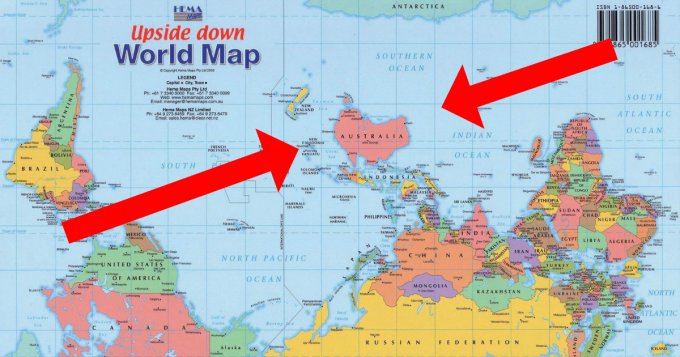



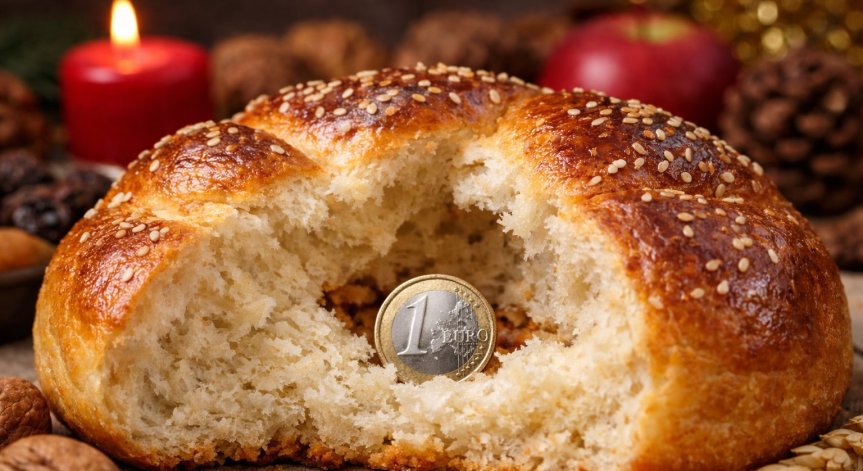


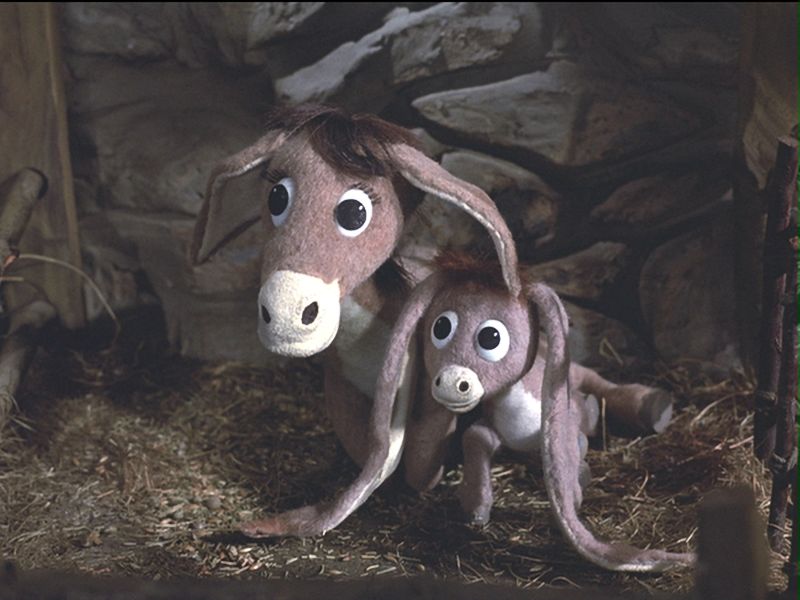
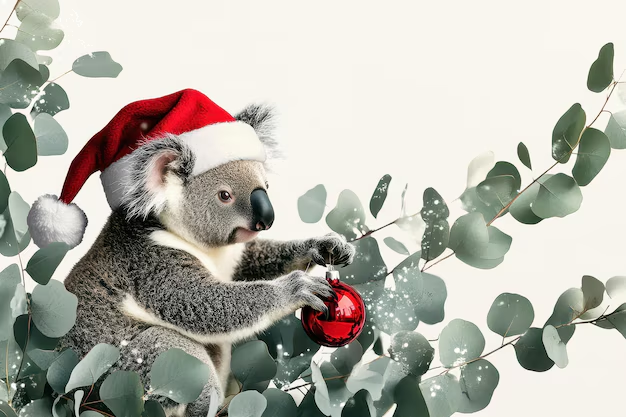


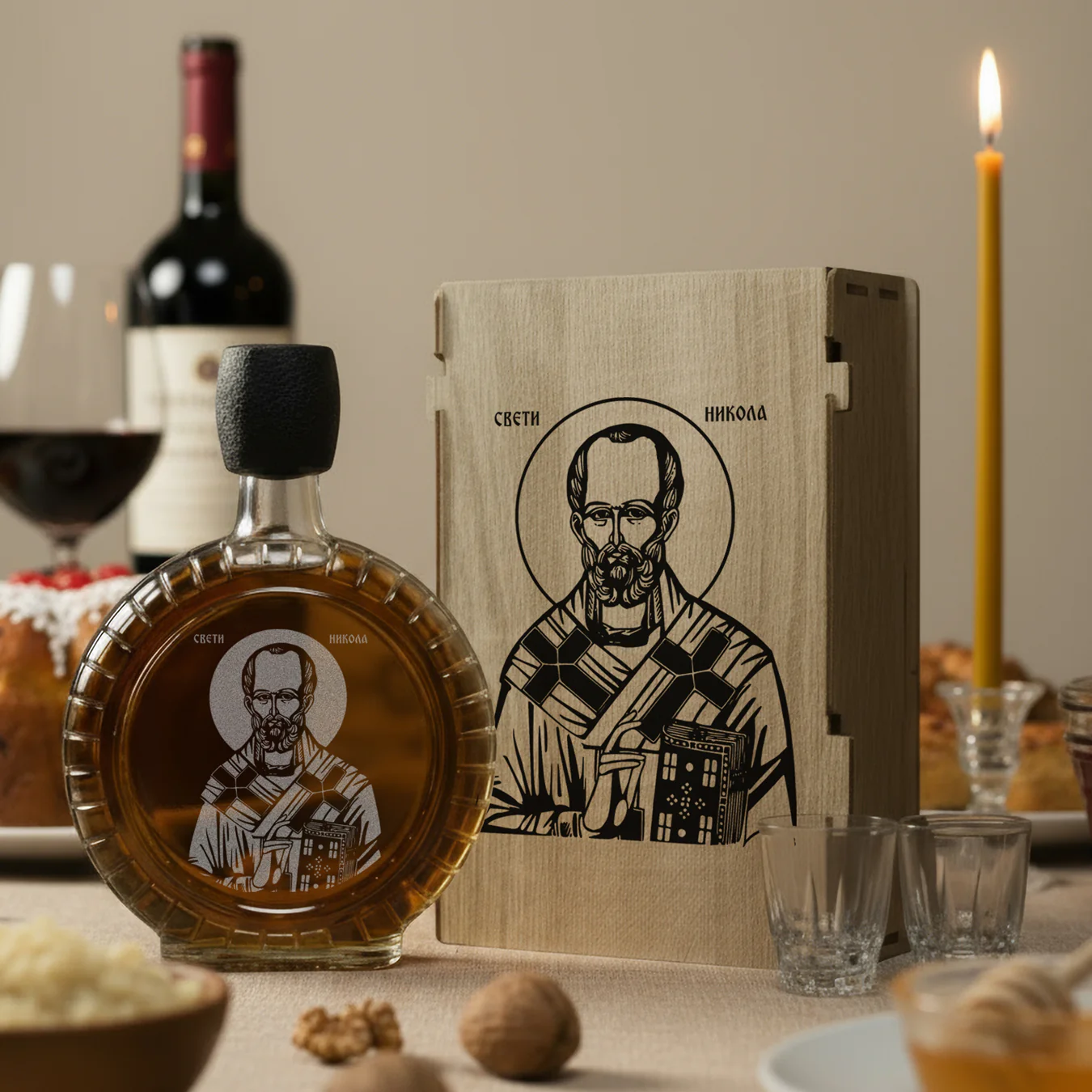
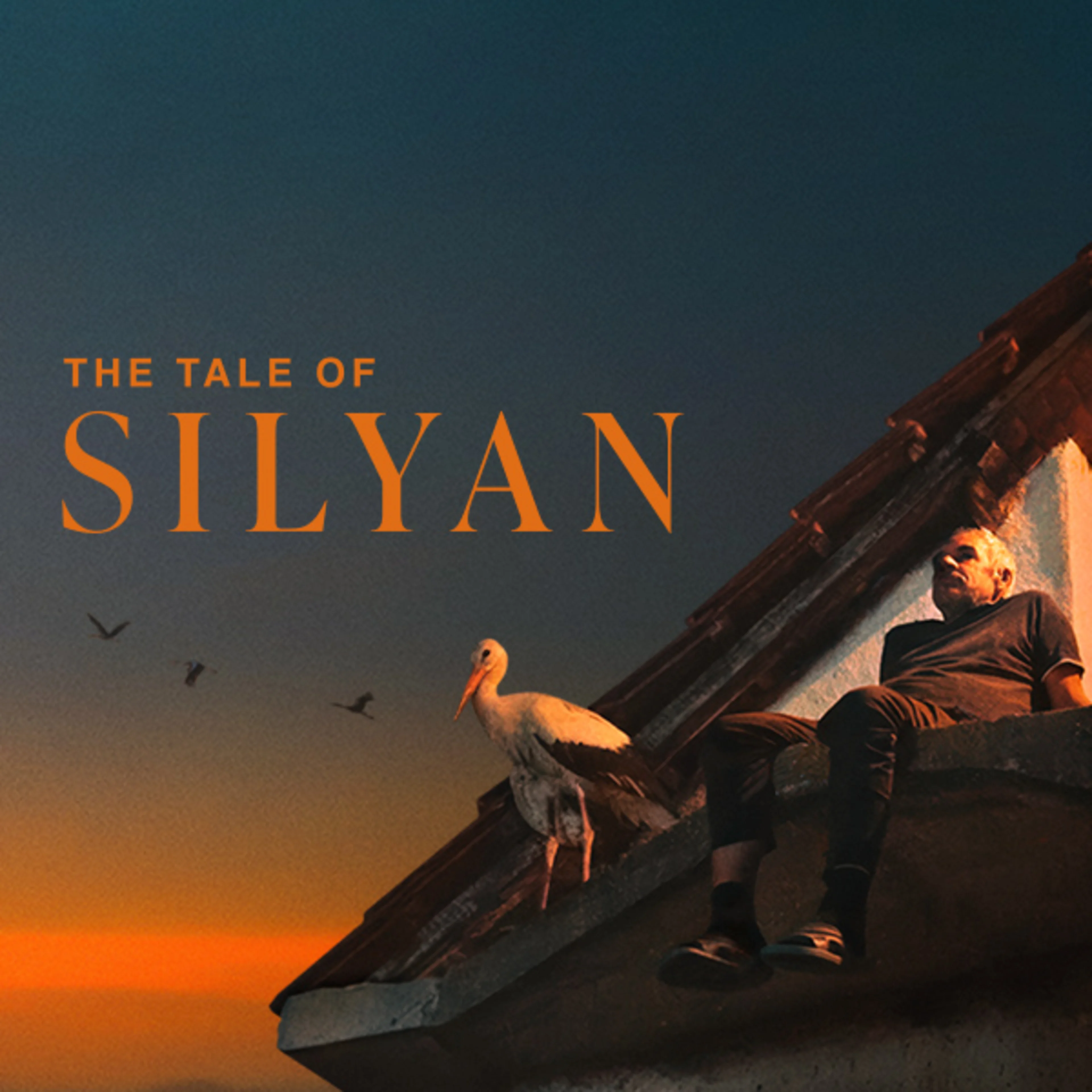
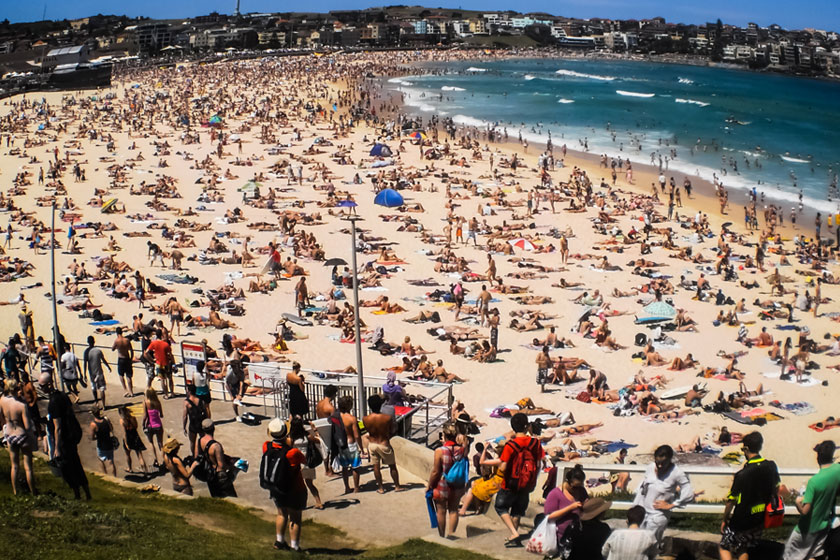
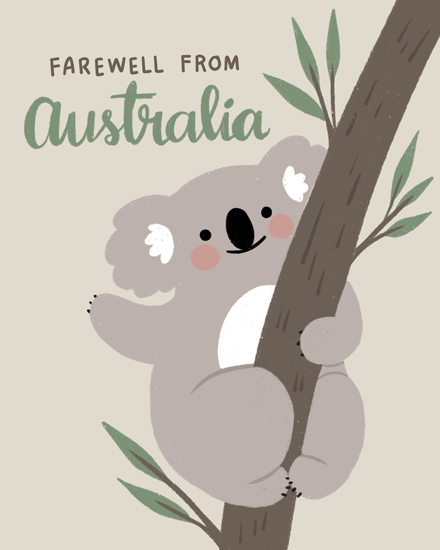
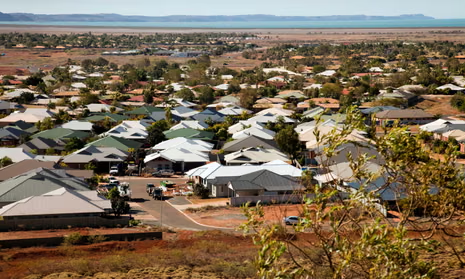

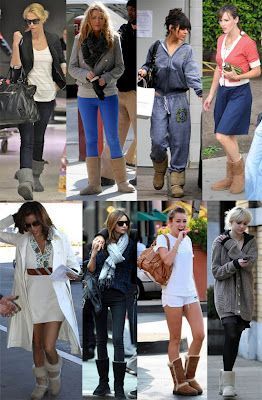

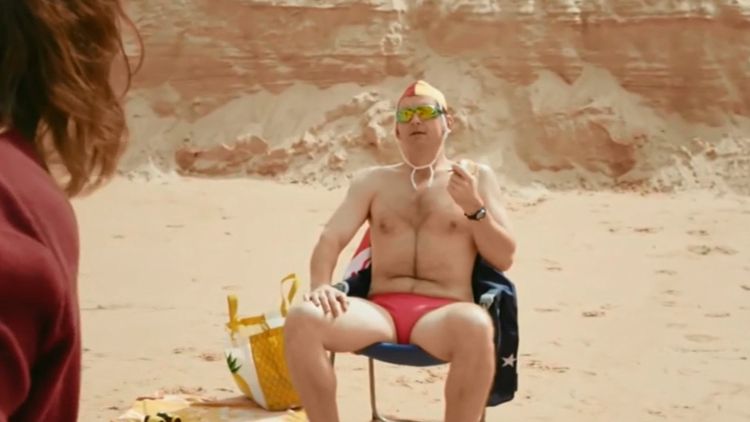


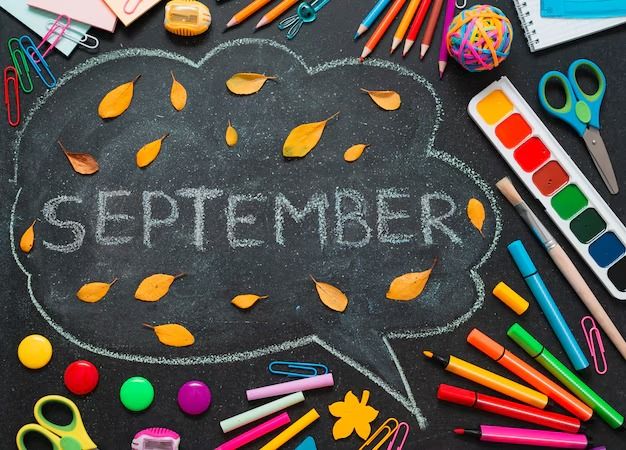

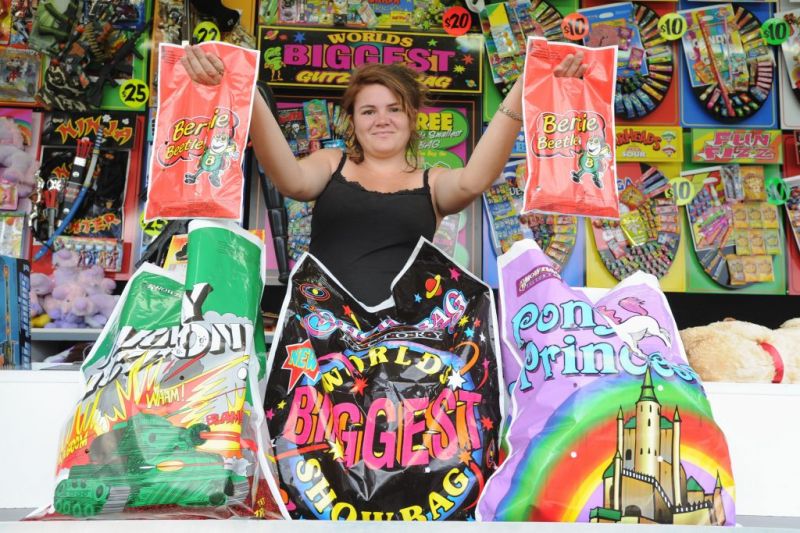
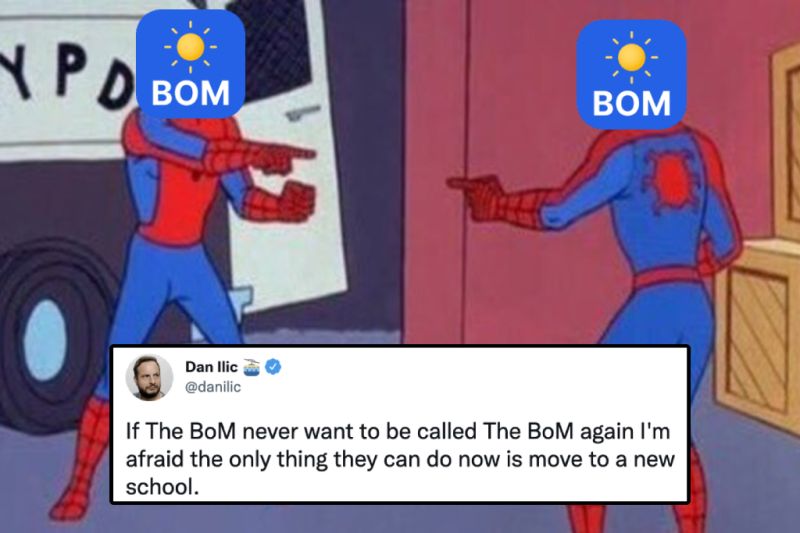
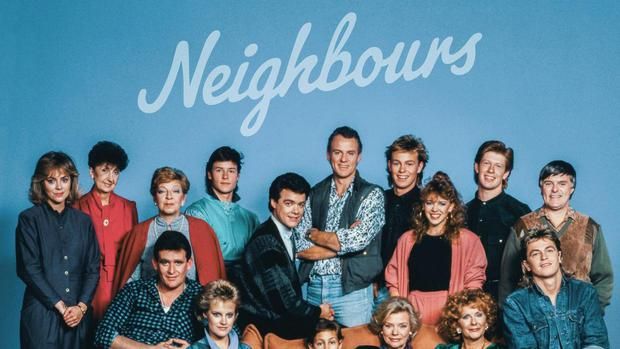



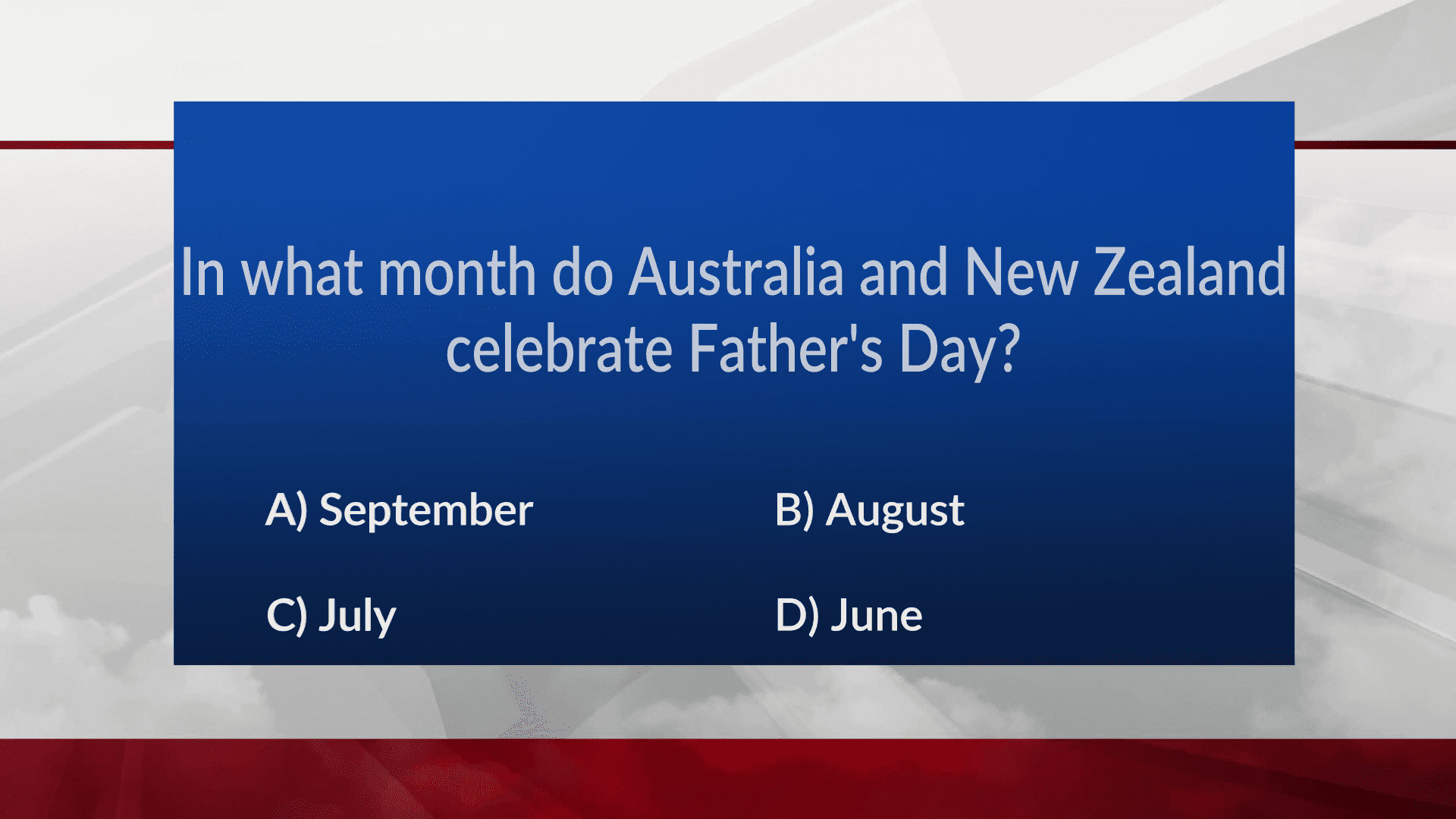












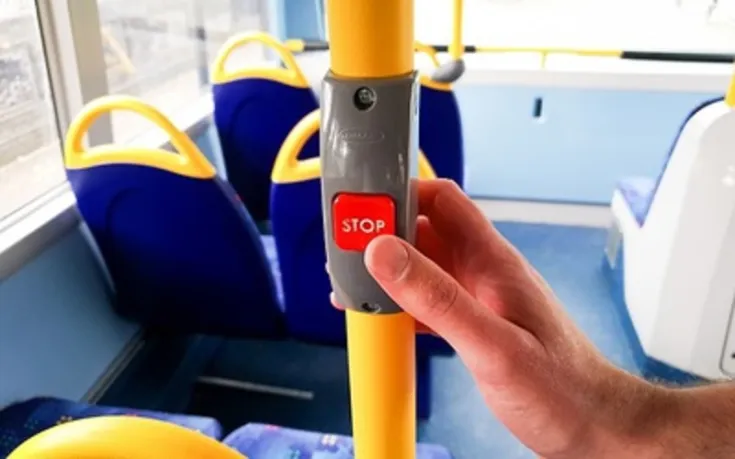








































.%20A%20day%20of%20campaigning%20%E2%99%80%20%E2%80%A6%20or%20a%20day%20to%20buy%20flowers%20%F0%9F%92%90.jpg)
